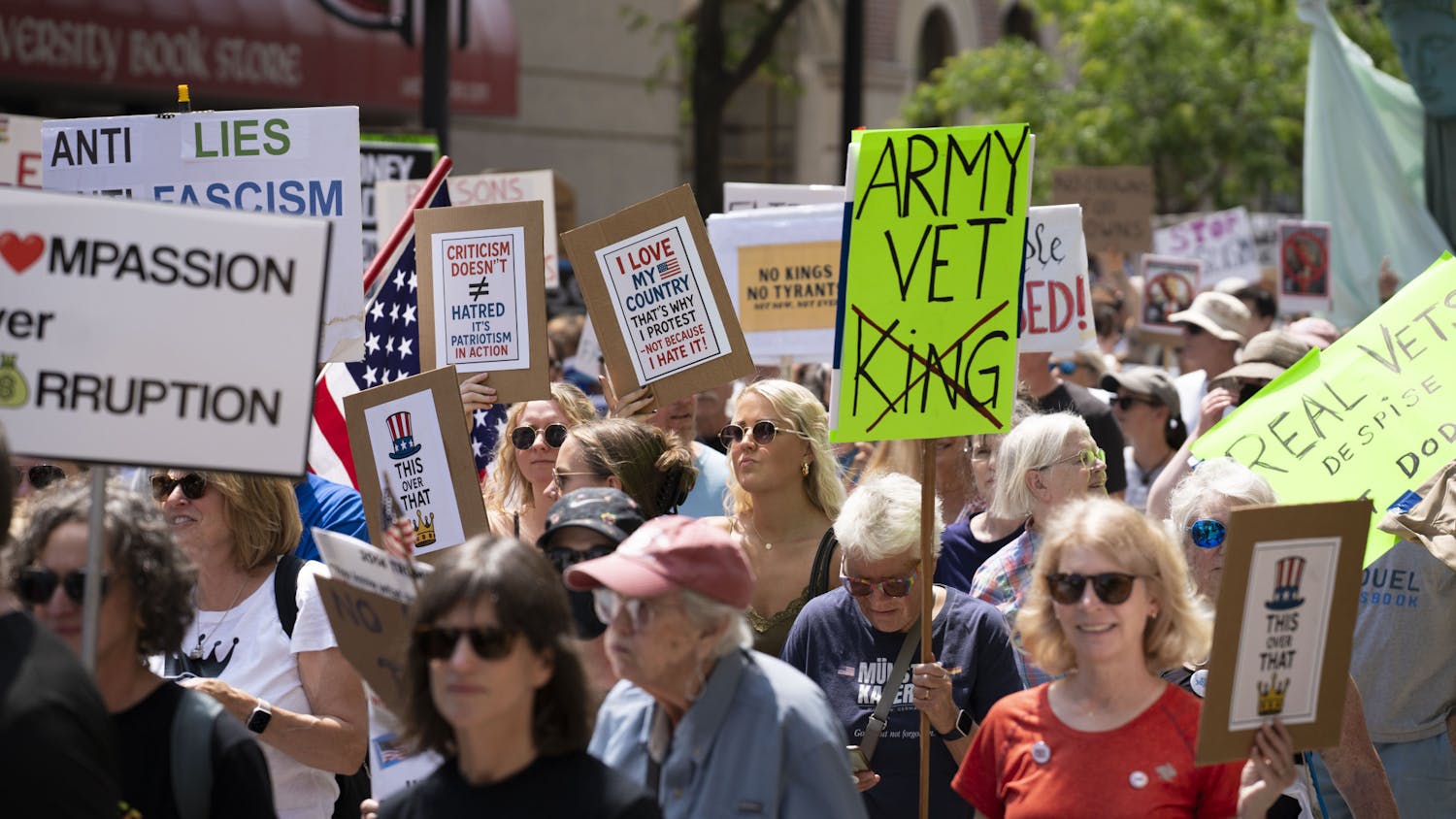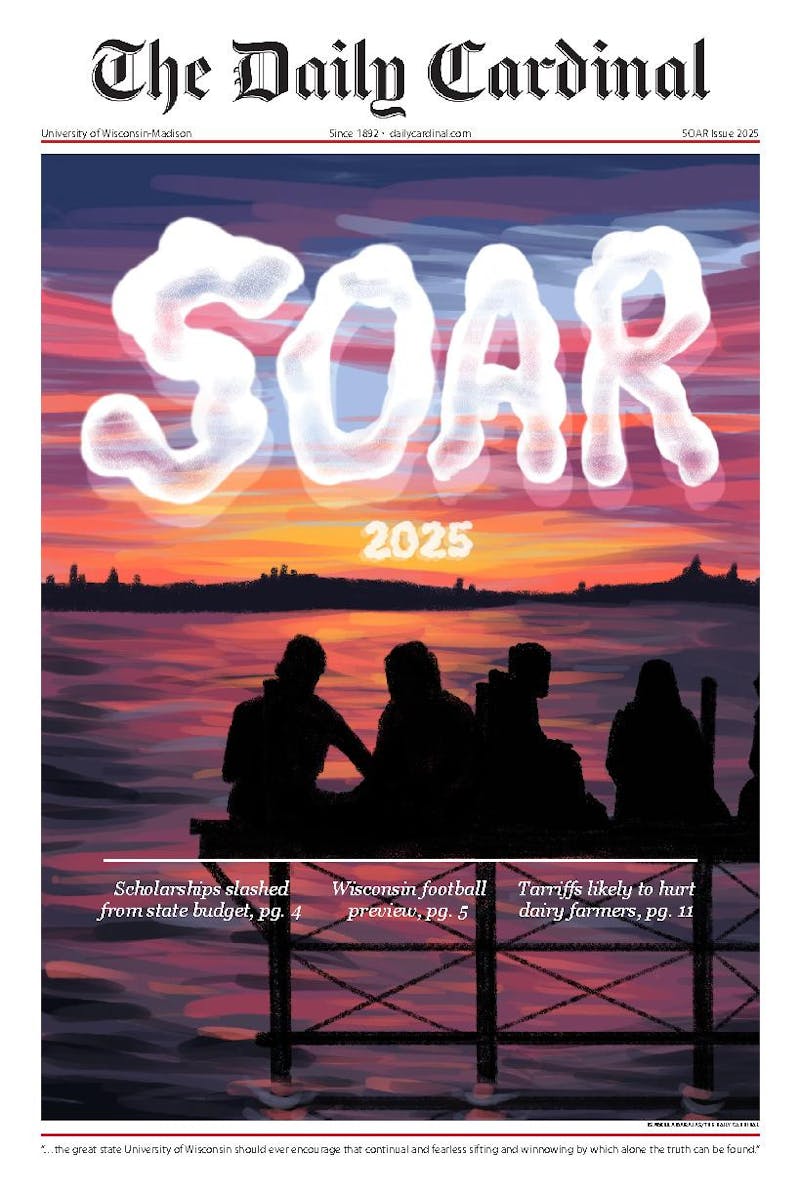In commemoration of World AIDS Day, Bob Bowers, founder of the HIVictorious program, spoke to promote education and raise awareness of HIV/AIDS throughout the state of Wisconsin Wednesday.
Sex Out Loud and the Campus Women's Center sponsored the speech.
Bowers, who has lived with HIV for the past 26 years, spoke to students about his life struggles with HIV/AIDS and how the disease has changed his outlook on life.
""I started to understand and appreciate the real problems that drive this disease,"" Bowers said. ""It's not necessarily about people making bad choices, it's about the stigma, the hate, the unwillingness or inability to address these core issues.""
Over 56,000 new infections of HIV/AIDS happen every year in the U.S., with over 400 new infections occurring annually in Wisconsin, Bowers said.
Bowers said that while it is good to have a day to promote HIV/AIDS awareness, he said that people must advocate more to those who need medical care to help treat their HIV/AIDS conditions.
""It's not a one-day thing—every day should be World AIDS Day. This is a treatable and preventable disease,"" Bowers said. ""We have the tools. We have the medications. Please, find your way to make a difference that we can ensure future generations do not have this disease.""
Other student organizations on campus took part in World AIDS Day Wednesday.
The Wisconsin Union Directorate Art Committee participated in the Day Without Art project in the Wisconsin Memorial Union art galleries. The project covers artwork with black cloths to mourn those killed by the AIDS epidemic.
Pre-med students from the American Medical Student Association also handed out AIDS awareness ribbons and hot chocolate on Library Mall to increase awareness and fight prejudice against HIV/AIDS.
Students enrolled in the HIV/AIDS Prevention course in the Genetics Department gathered for a live video conference with teachers and students in South Africa to discuss major problems that are affecting South Africa's treatment and prevention of HIV/AIDS.
Junior Steven Olikara said the video conference was a good way to connect with people active in the fight against HIV/AIDS in Africa.
""It was a fantastic way to gain a more global perspective on a critically global health issue,"" Olikara said.






